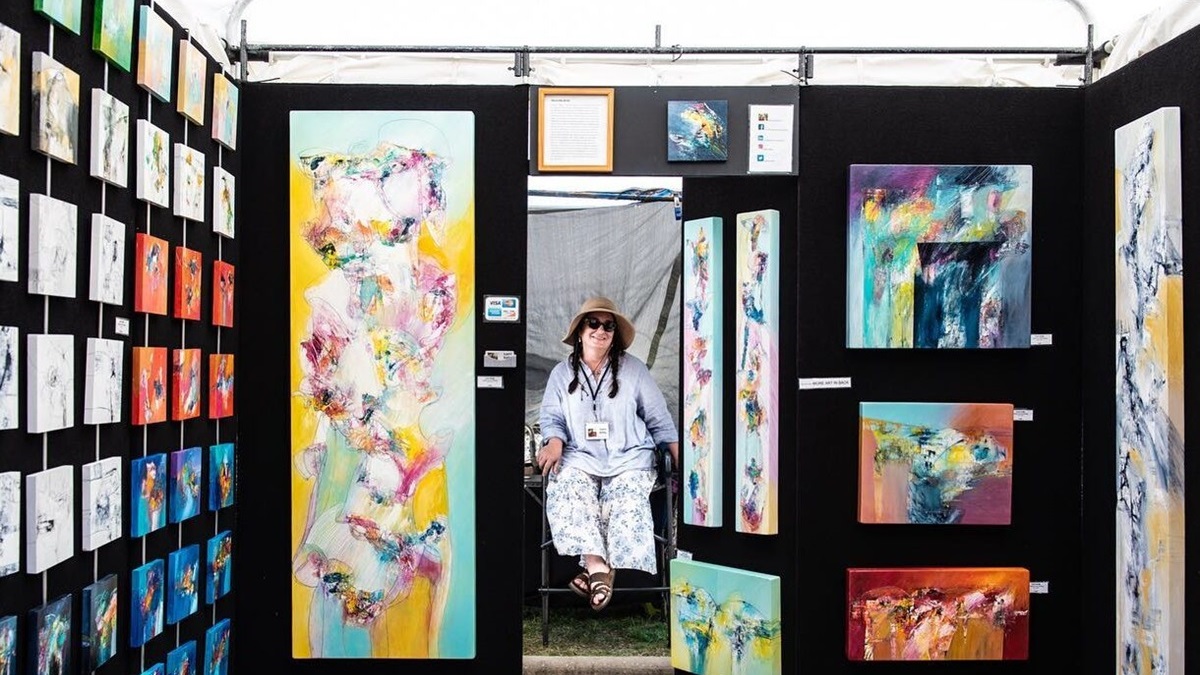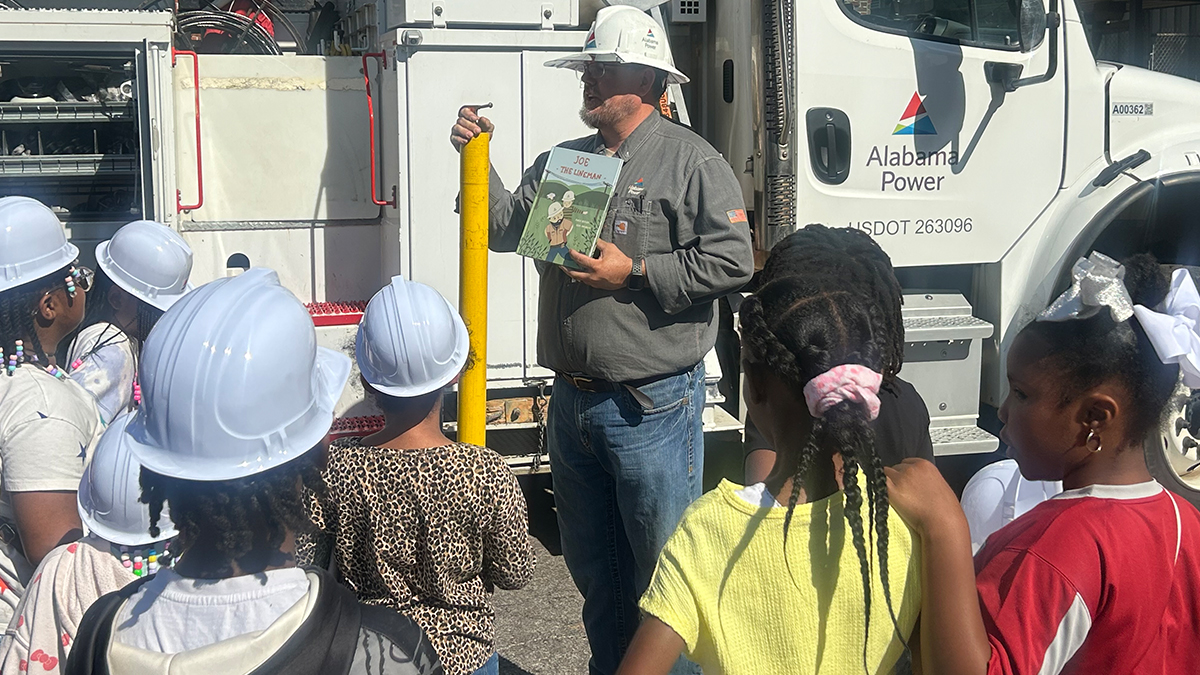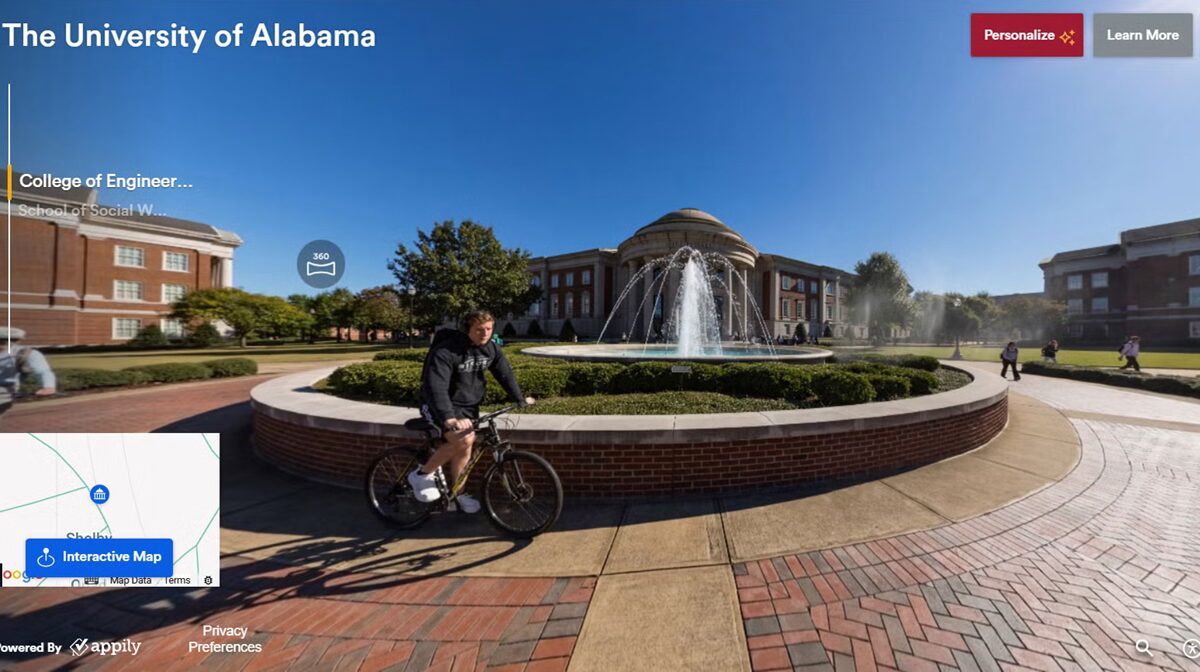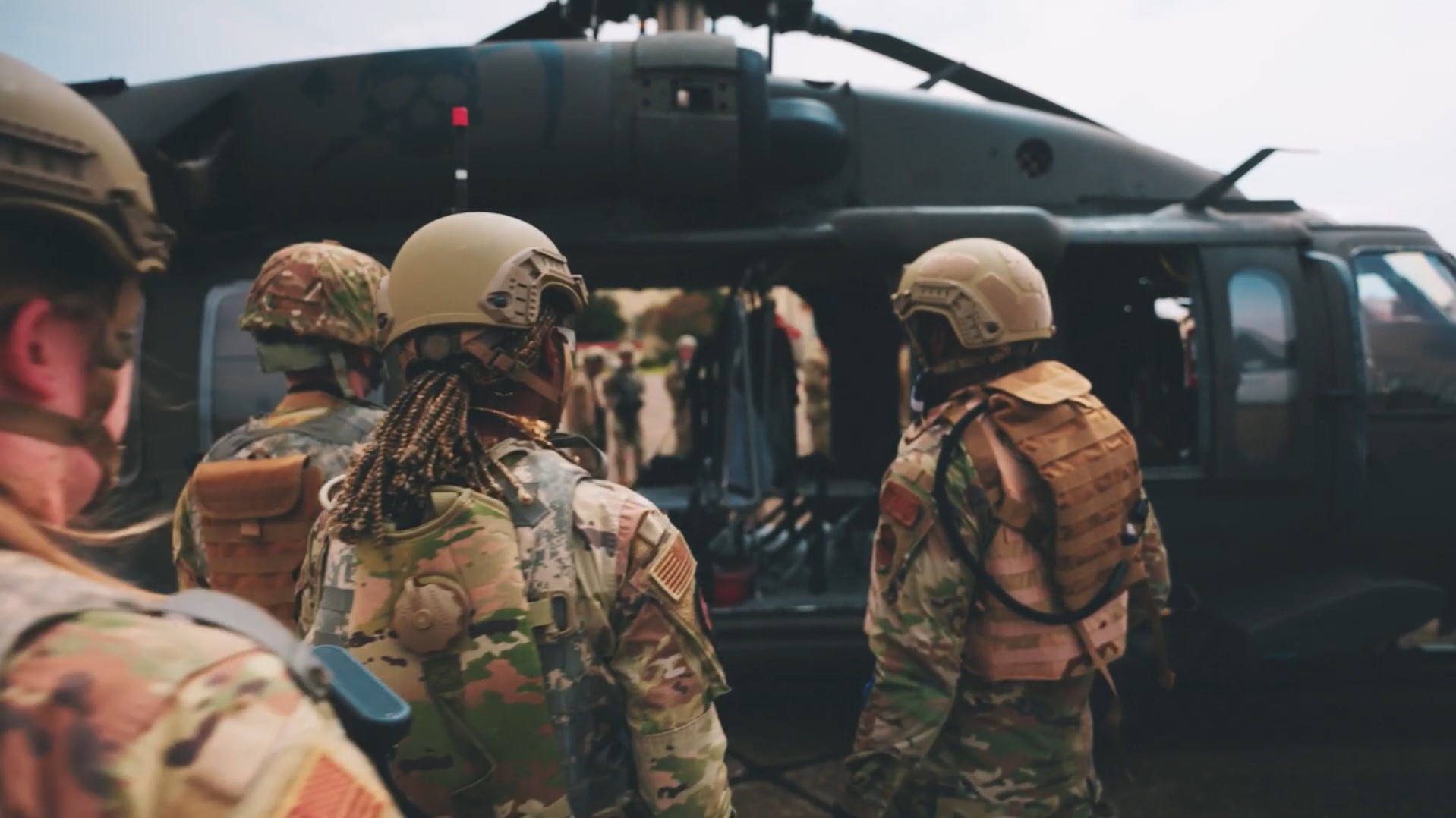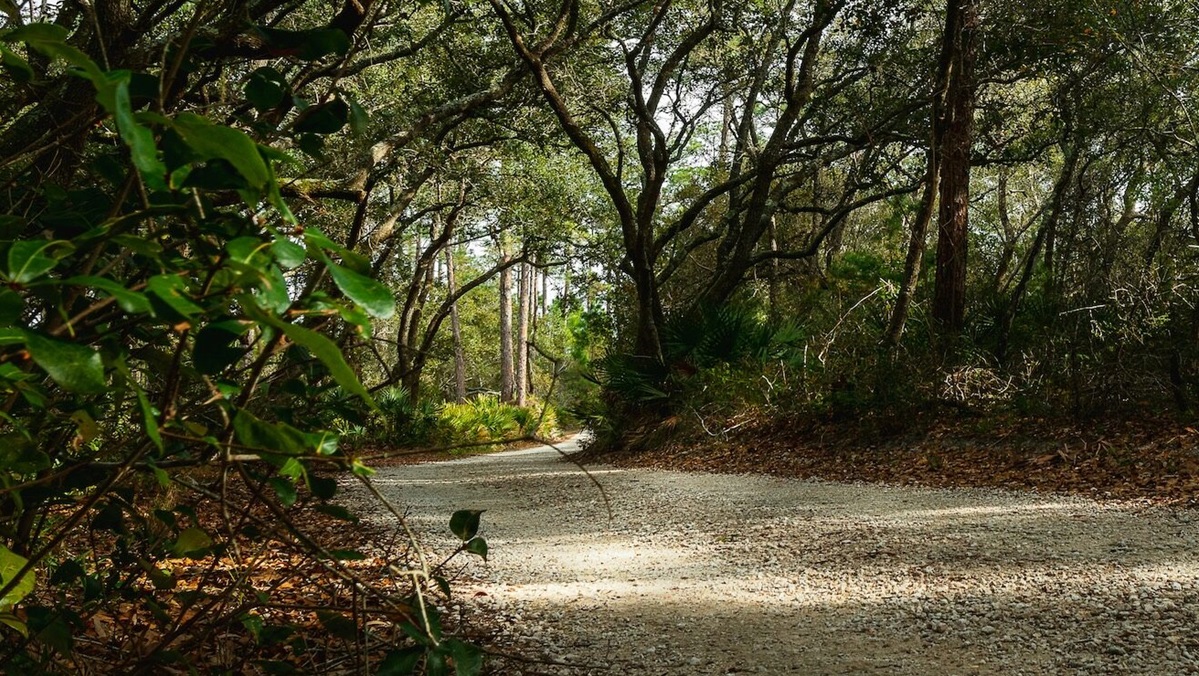Alabama State students conduct needed therapy for Uganda’s forgotten orphans

Alabama State University's Dr. Jewell Dickson in Uganda's Home of Hope orphanage, where she directs treatment from ASU's Occupational Therapy students to the country's forgotten children. (Alabama State University)
It’s a “bright star” for Alabama State University’s Occupational Therapy students to be actively involved in giving treatment to children in Uganda’s Home of Hope orphanage, said Dr. Susan Denham, the university’s O.T. chair.
“Making a difference in the lives of the infirm and destitute is among what ASU teaches its student-scholars to do in life, and our Ugandan O.T. team of faculty and students does that and more,” Denham said.
For more than two weeks this month, Dr. Jewell Dickson, professor of O.T. at ASU and the organizer of ASU’s Ugandan outreach program, took four gifted master’s-level O.T. students from Alabama State (Kaitland Guillory, Broghan Freeland, Lakeyn Edwards and Morgan Todd) halfway across the world to Jinja, Uganda, in West Africa at their own expense. There, they administered hands-on occupational therapy treatment to 60-plus children housed in the Home of Hope facility.
Jinja is a town in southern Uganda on the shore of Lake Victoria, the source of the Nile River. The orphanage there doesn’t offer much cutting-edge equipment and facilities that are common in American O.T. clinics. ASU has helped the facility by sending students there for the past four years under Dickson’s leadership.
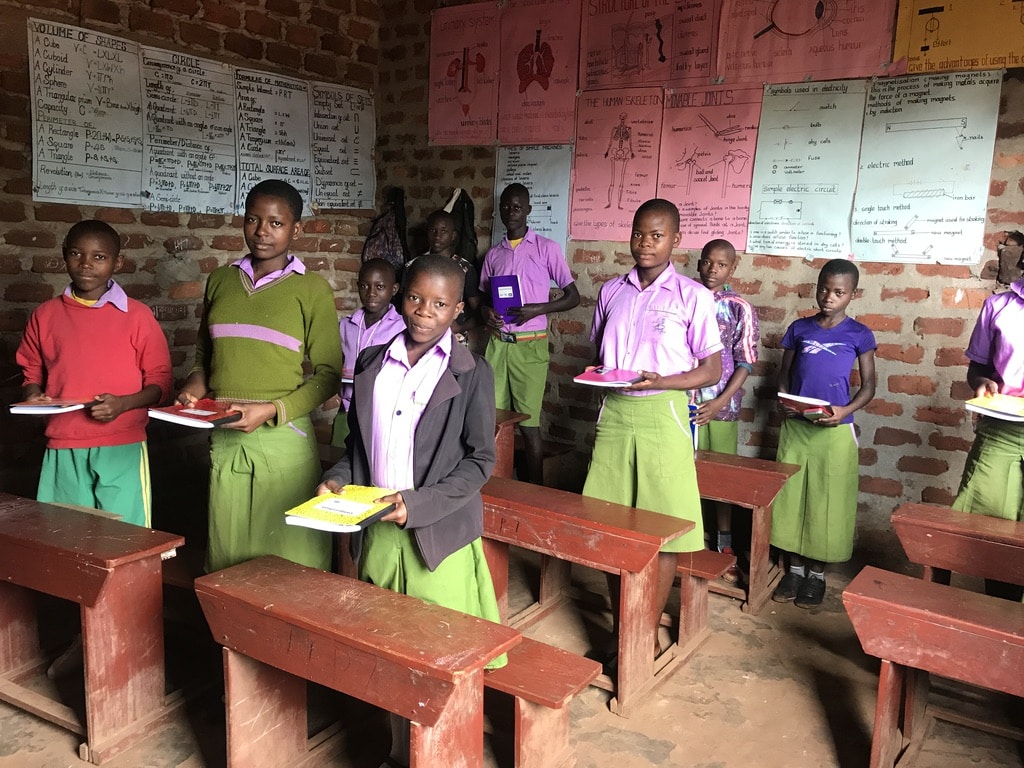
These children and others in Uganda’s Home of Hope orphanage get needed treatment from Alabama State University’s O.T. students. (Alabama State University)
Dickson inspires students
“All of the children in the orphanage suffer from some type of disability that benefits from O.T. therapy that our ASU students help administer through group clinics and individual therapy in under-resourced and underdeveloped environments,” Dickson said.
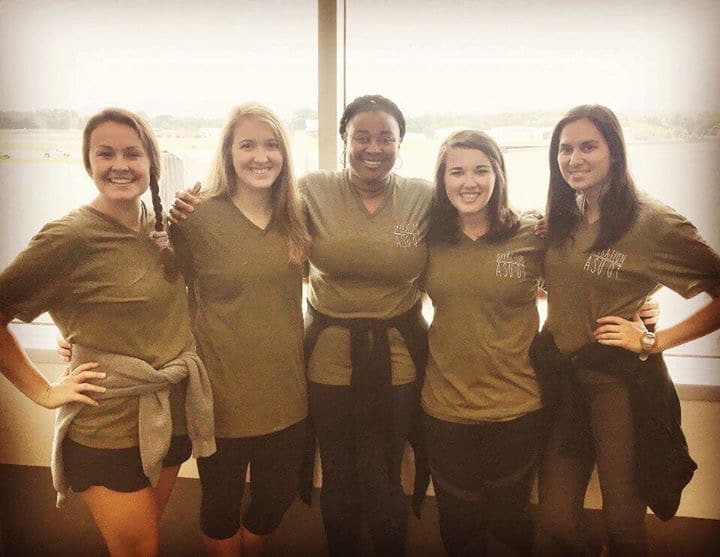
Dr. Jewell Dickson, center, and the 2018 ASU Occupational Therapy student team in Uganda. (Alabama State University)
Many of the orphans suffer from such maladies as cerebral palsy, sickle cell anemia, autism and other developmental illnesses, and they benefit from the occupational therapy that the students administer under Dickson’s tutelage. Dickson said she first learned of the special needs of the children in Uganda from ASU’s partner in the project, Our Hope International, a Birmingham-based nonprofit founded by Jenny Agricola, an acclaimed O.T. professional.
“Although we don’t have the most modern of equipment at our disposal in Uganda to help these kids, that’s O.K. because it allows our university’s students to improvise, to think outside of the box, to work with what they have, which makes a difference in the treatment of these forgotten children. We also learn a great deal of how to use things in the ‘environment’ from the Ugandan occupational therapists,” Dickson said.
She said ASU’s students were taught to improvise in ways to overcome the lack of equipment and modern facilities by using their bodies as wedges, chairs, bolsters and whatever else was needed to help their patients with therapy.
ASU makes a difference in lives
Academic prowess and in-the-field experience is what made this trip a “dream come true” for Kaitland Guillory, a first-year master’s-degree O.T. student at ASU.
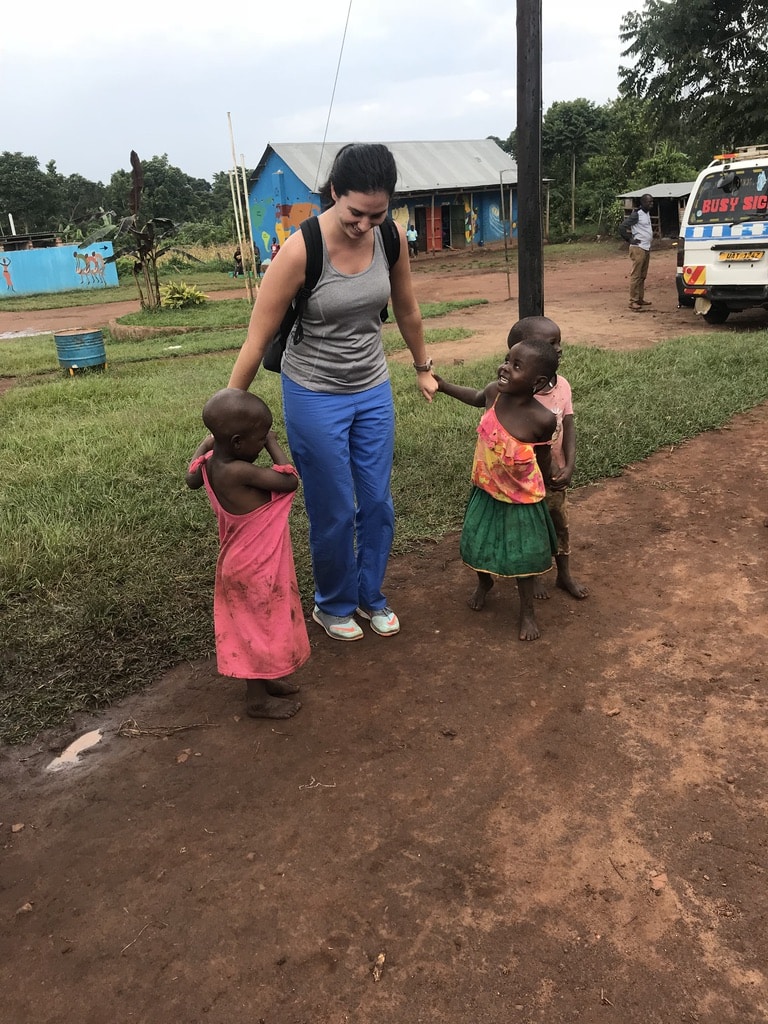
Kaitland Guillory, ASU master’s-degree Occupational Therapy student, at Uganda’s Home of Hope orphanage. (Alabama State University)
“Going on a mission trip has always been a dream of mine, and when I learned that Alabama State University offered one that allows its students to get O.T. experience and on-the-job skills in Africa, it excited me and I signed up for it at once,” Guillory said enthusiastically. “ASU is spectacular, and Dr. Dickson and our faculty are very supportive, just like a close-knit family. If they will allow me the honor, I want to participate again next summer.”
The Ville Platte, La., native said ASU’s program has changed her life, educationally and spiritually.
“The other O.T.s that we worked with on the trip were so open to teaching us and showing us there is so much opportunity with therapy and so many different ways of treating one thing, even with limited resources,” Guillory said.
Dickson said Alabama State University’s program is unusual because it allows students to have a ‘hands-on” global experience that compliments its campus-based academic regime of learning.
“When seeing our students help those forgotten children in Uganda with O.T. treatment and therapy, I truly felt His (God’s) glory,” Dickson said.
This story originally appeared on Alabama State University’s website.

